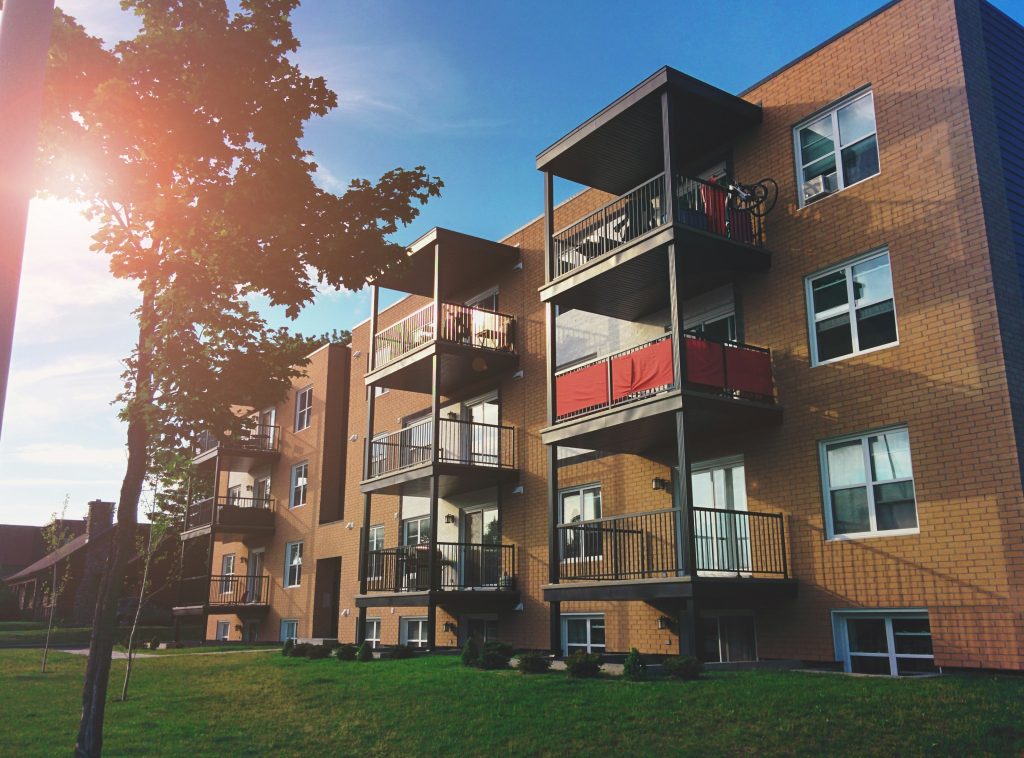
How the increase in sinkholes will impact insurance policies
Business development director Alisa Gold outlines what is causing more sinkholes to appear in the UK plus the potential impact on insurance policies.

In these challenging times of rising costs and limited resources, social housing managers must balance their spending, while keeping their tenants safe and happy. They need to consider the most cost-effective temporary accommodation solutions when a decant is required. Whilst there is some control with planned maintenance or remediation works, there is still the issue of how and where to house tenants when an unforeseen or major incident occurs.
Housing managers are extremely busy – they are juggling the management of potentially thousands of properties, and trying to find alternative accommodation for planned or emergency decants takes time and careful planning. They should in the first instance consider using their voids, but this comes with challenges – in part due to a lack of suitable properties in the current climate.
Maintaining voids can be costly, especially if they require repair – in fact, a void may be available, but in a state of disrepair and completely uninhabitable. Additionally, no income is received for that property whilst empty, but energy bills are still being generated, which adds to the ever-growing financial burden of the housing provider.
There may be specific scenarios that are suitable for an isolated decant, but it is a completely different story when there are none available, or when there is a large-scale incident. In either of these scenarios, a well-established specialist decant accommodation provider is vital. They will remove the stress and workload for housing managers by undertaking tasks including but not limited to;
If the decant is expected to last longer than a couple of weeks, or if a hotel stay is not an option, a serviced apartment could be arranged for a stay of a few weeks. In instances whereby, accommodation that is expected to last more than six months, a rental property should be sourced, as this is the most cost-effective option.
The decant accommodation provider must be well-equipped to understand the nuances of dealing with social housing clients and the diversity of its tenants. There are tenants from all walks of life with varying needs– those with children, who need to stay close to school or work, the elderly and those with vulnerabilities or complex needs. It is vital that staff are specifically trained to deal with these scenarios, so they can assist those tenants with compassion and understanding.
The market is an uncertain and constantly evolving space. Political, economic, social, technological and environmental factors, also known as PESTAL, can have a significant impact on the market in a relatively short period. For instance, a tenant may change their mind about where they want to stay, resulting in fully booked accommodations, requiring them to switch rooms, which can be very disruptive. Additionally, necessary remediation works may take longer than expected, leading to extended stays in temporary accommodation. Furthermore, nightly costs can fluctuate due to availability or events in the area. For all of these reasons and more it is vital to have a decant accommodation provider in place to help navigate these factors.
Being displaced from one’s home for an extended period can be just as stressful as the safety concerns that led to the displacement. Whilst a specialist decant accommodation provider cannot eliminate all the stress, robust, well-established processes and end-to-end claim management will ensure a seamless process for both housing managers and tenants alike.
Discover more about PfH – visit their website

Business development director Alisa Gold outlines what is causing more sinkholes to appear in the UK plus the potential impact on insurance policies.

With so much discussion in the news about technology and in particular AI, we want to explore how technology has evolved (and continues to evolve) and how it has impacted the social housing sector.

We are delighted I Love Claims has featured Managing Director Tim Goodman’s insightful session “ICAB’s vision for surge readiness and customer care”

As part of its commitment to staff learning and development, ICAB launched its ‘Learning and Development Department’ in January 2024, headed up by Lucy Wyborn.